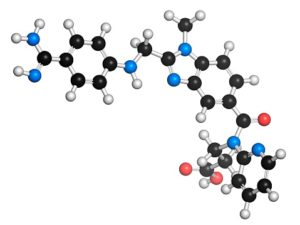Since 2012, direct oral anticoagulant (DOAC) use has increased as an alternative to oral anticoagulant agents such as warfarin to prevent strokes and venous thromboembolism. However, many DOACs cannot be rapidly and completely reversed, but specific antidotes have been developed for a few of the new DOACs including dabigatran and factor Xa inhibitors. In order to gain a better understanding of how bleeding episodes are managed in patients taking DOACs, researchers examined patient charts at 32 hospitals in the United Kingdom over a three year period. Of the 421 bleeding episodes associated with DOACs, patients were taking rivaroxaban (67%), apixaban (21%), dabigatran (11%), and edoxaban (1%), but the concentrations of the DOAC drugs were not usually measured. Overall, 44% and 37% of patients taking DOACs experienced gastrointestinal bleeding and intracranial hemorrhage, respectively. Over 70% (301/421) of these bleeding episodes required one or more interventions including but not limited to blood transfusions (41%), prothrombin complex concentrate (PCC) (38%), and tranexamic acid (28%). Lower doses of PCCs may be associated with a reduced risk of death. Further studies, however, are needed in order to determine the best dosage regime for PCCs and to gain a better basic understanding of how to best manage patients taking DOACs.
Reference:

